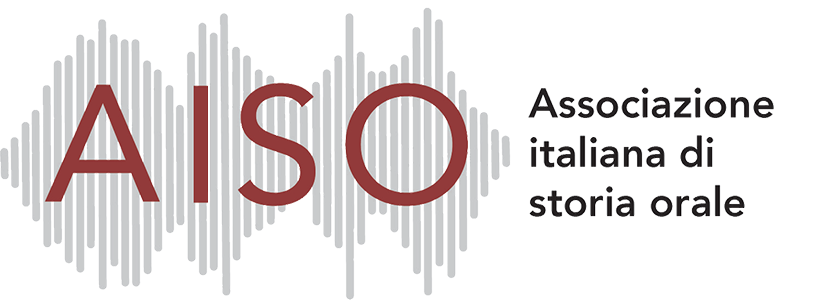Memory Studies and Oral History
A two day workshop entitled “Memory Studies and Oral History” and exploring the relationship between the two fields took place in the central building of the University of Athens on 24 and 25 April 2009. It was organized by the Department of History at the University of Athens with the collaboration of the Hellenic National Audiovisual Archive as well as the Netherlands Institute at Athens, and within the framework of the European Doctorate in Social History.
Thirty one scholars took part in the workshop, presenting papers or discussing them. The meeting had a clear international and a very strong interdisciplinary character. It brought together scholars from numerous greek universities and institutions but also from universities and institutions in a number of other European countries, such as Britain, Italy, France, Belgium and Sweden. Most participants were historians and social anthropologists but folklorists, museologists and scientists working on relevant projects were represented as well. The workshop encouraged interaction among scholarly generations since both senior and junior scholars (among them PhD candidates and postgraduate students) had a prominent part in it. Furthermore, on both days the meeting was well attended not only by academics and researchers but also by many undergraduate and postgraduate students at various greek universities.
Twenty papers were presented in seven sessions that explored, as their titles went, “public memory as a contested arena”, “memories of working lives”, “memory sites”, “memory and visuality”, “museums, monuments and memory”, “memories between silence and oblivion” and “migration and memory”. Though invisible in session titles, oral history was clearly present in most papers, since questions on “memory” and “memories” were for the most part dealt with on the basis of individual oral autobiographical accounts of the near or the recent past. Furthermore, there was, as Stuart Woolf noted in his concluding remarks, an emphasis on twentieth and twentieth-first century Greece, but the geographical scope of the papers was on the whole a broader one. […] (il seguito del resoconto scritto da Maria Papathanassiou sarà visibile sul sito dell’Aiso, a settembre)
